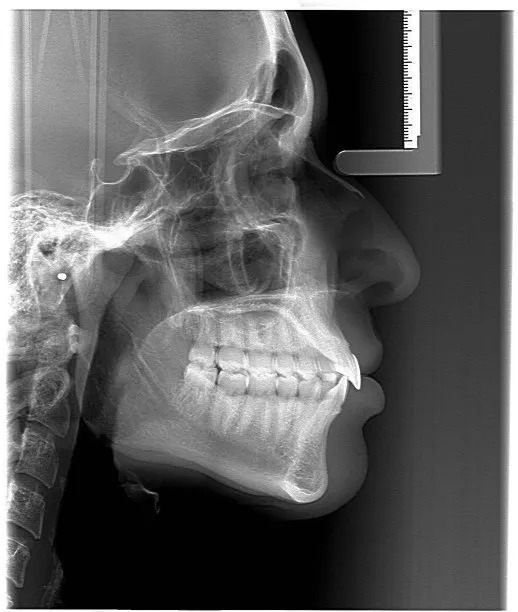Exploring the Impact of Periodontal Disease on Overall Health and Its Connection to Systemic Conditions and Quality of Life
Summary: Periodontal disease, commonly known as gum disease, is a prevalent condition that not only affects oral health but also significantly impacts overall health and quality of life. This article delves into the connection between periodontal disease and systemic conditions such as cardiovascular disease, diabetes, and respiratory diseases. Furthermore, it explores how these associations affect the quality of life for individuals suffering from periodontal issues. By understanding the broader implications of periodontal disease, we can emphasize the importance of oral hygiene and timely dental care as essential components of overall health management.
1. Connection to Cardiovascular Disease

Research has established a notable link between periodontal disease and cardiovascular health. The inflammation caused by gum disease can contribute to the formation of plaque in arteries, increasing the risk of heart diseases such as atherosclerosis. This process highlights the importance of maintaining good oral health to mitigate cardiovascular risks.
Moreover, studies suggest that individuals suffering from periodontal disease are at a higher risk for heart attacks and strokes. Chronic inflammation associated with periodontal disease may lead to systemic changes that affect the cardiovascular system. Hence, treating gum disease can play a vital role in preventing heart-related issues.
Preventive measures such as regular dental check-ups and effective oral hygiene practices can significantly reduce the likelihood of developing cardiovascular conditions linked to periodontal diseases. Recognizing this connection should motivate more individuals to prioritize their dental health for systemic benefits.
2. Impact on Diabetes Management
There is a well-documented bidirectional relationship between diabetes and periodontal disease. Patients with diabetes are more susceptible to gum infections, which can exacerbate diabetes control. The increased blood sugar levels can provide a favorable environment for harmful bacteria, further worsening periodontal health.
Conversely, periodontal disease can hinder diabetic patients ability to manage their blood sugar levels effectively. Chronic inflammation from gum disease can lead to insulin resistance, complicating diabetes management. Therefore, patients must recognize the necessity of controlling periodontal health to improve their overall diabetic condition.
Education on the interrelationship between diabetes and periodontal disease is critical. Encouraging routine dental examinations and periodontal assessments can lead to improved health outcomes for those managing diabetes, illustrating the integral role of dental health in chronic disease management.
3. Link to Respiratory Diseases
The oral cavity can serve as a reservoir for respiratory pathogens, and periodontal disease can increase the risk of respiratory illnesses, particularly in vulnerable populations such as the elderly. The bacteria from infected gums can be aspirated into the lungs, leading to conditions like pneumonia and chronic obstructive pulmonary disease (COPD).
Furthermore, patients with respiratory diseases may already have compromised lung function and immune responses, making them particularly susceptible to the negative effects of periodontal infections. This makes it crucial for healthcare providers to consider oral health as part of a comprehensive approach to managing respiratory conditions.
Efforts to improve oral hygiene can serve as an adjunct therapy in preventing respiratory infections and complications. Dental care that focuses on reducing periodontal disease can thus play an important role in enhancing respiratory health and preventing related complications.
4. Quality of Life Considerations
The implications of periodontal disease extend beyond physical health, significantly affecting the quality of life. Individuals with severe gum disease often experience pain, discomfort, and functional limitations related to eating and speaking. These issues can lead to social withdrawal and mental health challenges, including anxiety and depression.
Aesthetic concerns related to oral health, such as bad breath or tooth loss, can also detrimentally affect self-esteem and body image, impacting overall well-being. Addressing periodontal issues is therefore paramount not only for physical health but also for enhancing emotional and social well-being.
Public health initiatives focused on raising awareness about periodontal disease and its systemic implications are vital. Providing resources and support for effective oral care can empower individuals to make informed decisions about their health, improving their quality of life significantly.
Summary: This article has explored the intricate connections between periodontal disease and various systemic conditions, including cardiovascular health, diabetes, and respiratory diseases, emphasizing their collective impact on quality of life. The discussion highlights the need for a more integrated approach to healthcare that encompasses dental health. By raising awareness and promoting preventive measures, we can empower individuals to take charge of their oral hygiene, leading to improved overall health and well-being.
This article is compiled by Vickong Dental and the content is for reference only.



